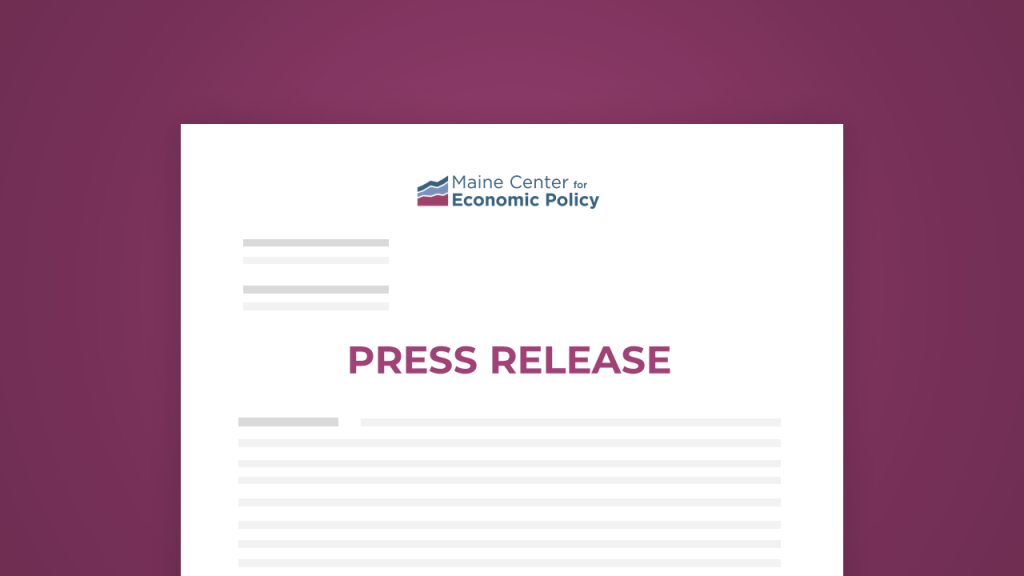AUGUSTA, Maine — Recently, some lawmakers’s statements and media reports have misstated the consequences for Maine income tax filers that would come if the Legislature adjourned without passing a tax conformity bill.
For example, in an interview with WCSH, House Minority Leader Ken Fredette erroneously said: “This affects every family, it affects every small business and big business. We’d be talking about a $250 million, generally, tax increase on folks if we don’t conform.” Meanwhile, the Bangor Daily News reported that high-profile work left unfinished by the Legislature includes “enacting a tax conformity package that’s necessary to avoid disaster for tax filers next year.”
The truth is that if Maine doesn’t pass a tax conformity bill, the state’s income taxes will remain exactly as they were last year. The same personal exemption, standard deduction and itemized deduction rules would apply to Maine taxpayers next year.
Put simply: No Maine individual, family or business will see higher taxes if the Legislature goes home without passing a tax conformity bill.
Confusion around the implications of nonconformity appear to stem from a misunderstanding of how elimination of the personal exemption at the federal level will affect Mainers in the absence of a tax conformity bill being passed in Augusta.
For years, Maine’s tax code has conformed to the federal personal exemption, which shields from $4,150 per member of a household from income tax. That conformity meant that the state-level exemption mirrored the one found in the federal tax code. In December, Congress eliminated the personal exemption from the federal tax code starting in 2018. If Maine were to pass a straightforward conformity bill, without making any new accommodation to prevent the tax increase, then Mainers would see their taxes go up. However, this scenario requires an act of the Legislature.
Inaction on tax conformity means Maine keeps its old tax code – including a personal exemption based on the federal exemption as it existed in 2017. In that scenario, Maine keeps its old tax code and Maine income tax filers are held harmless.
MECEP Executive Director Garrett Martin released the following statement:
“If Maine’s elected representatives and members of the media are worried about nonconformity causing a fallout in the tax code, their worry is misplaced. The real threat to Maine’s tax code is a conformity bill that continues to tip the scales with tax breaks for profitable businesses and those at the top. The question isn’t whether to conform, it’s whether a particular conformity plan works for Maine’s families and communities. If it doesn’t, lawmakers should reject conformity this year, safe in the knowledge they can come back to the table in January. In the meantime, taxes will not increase on any Maine family or business.”
###



